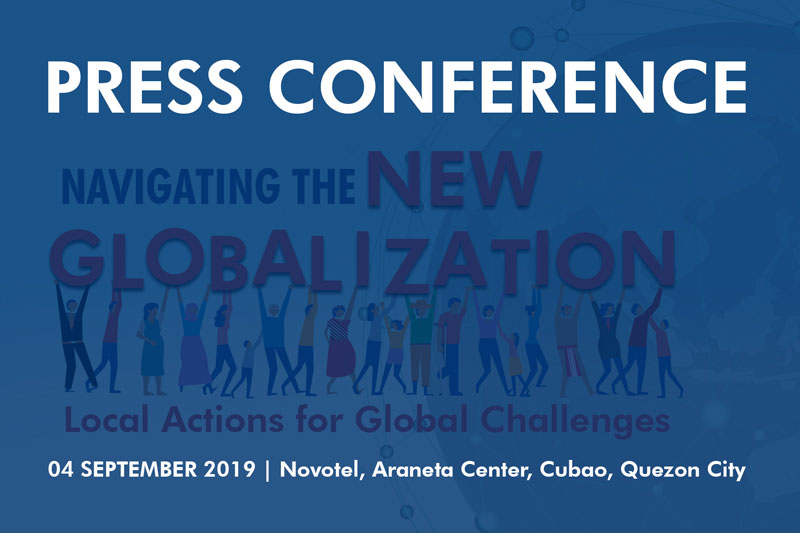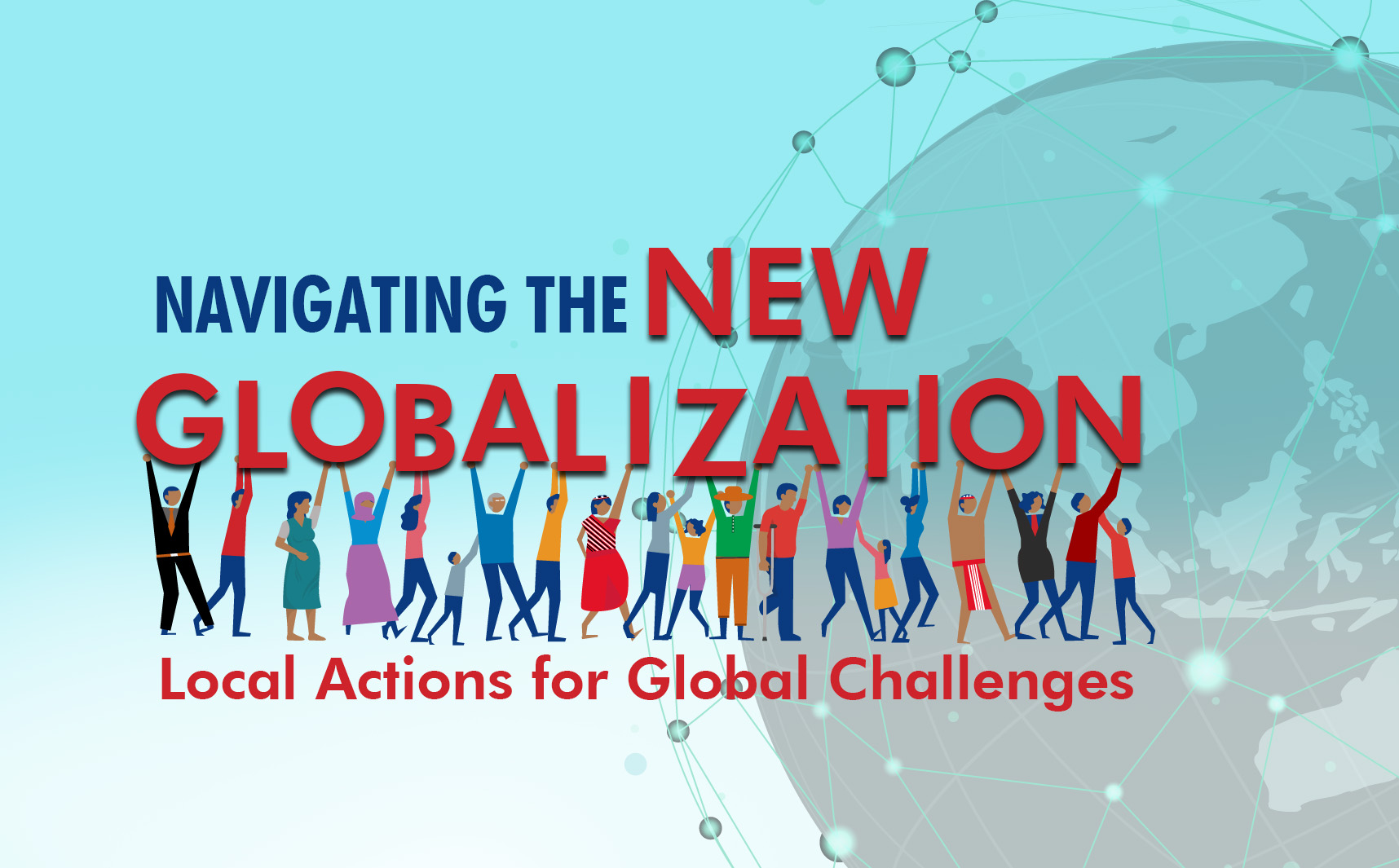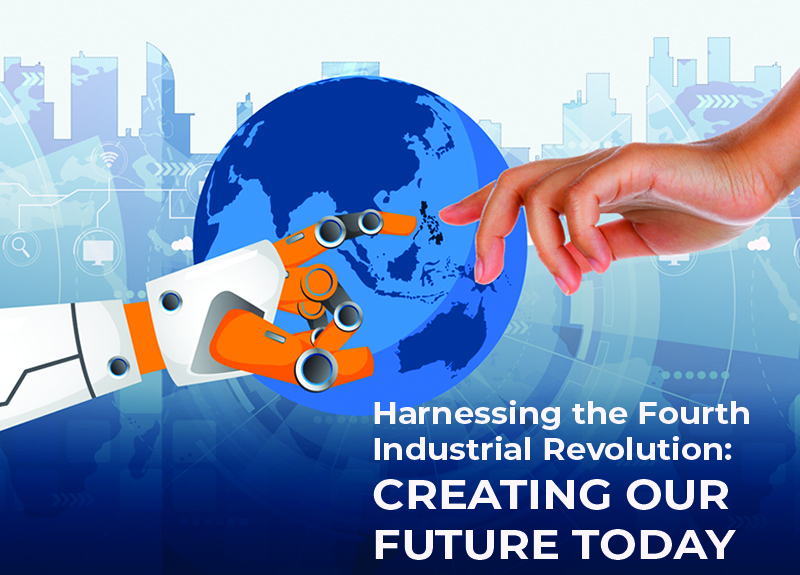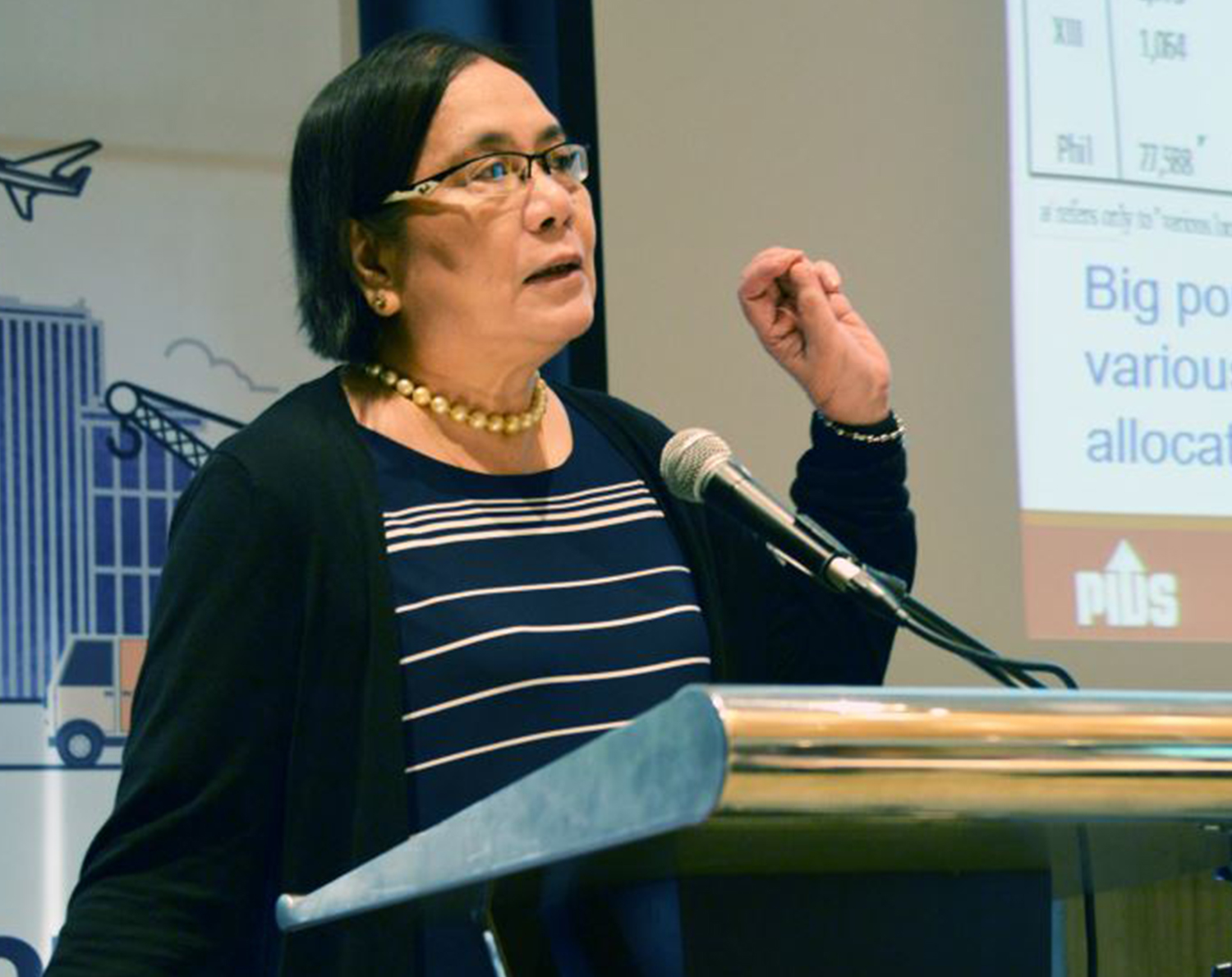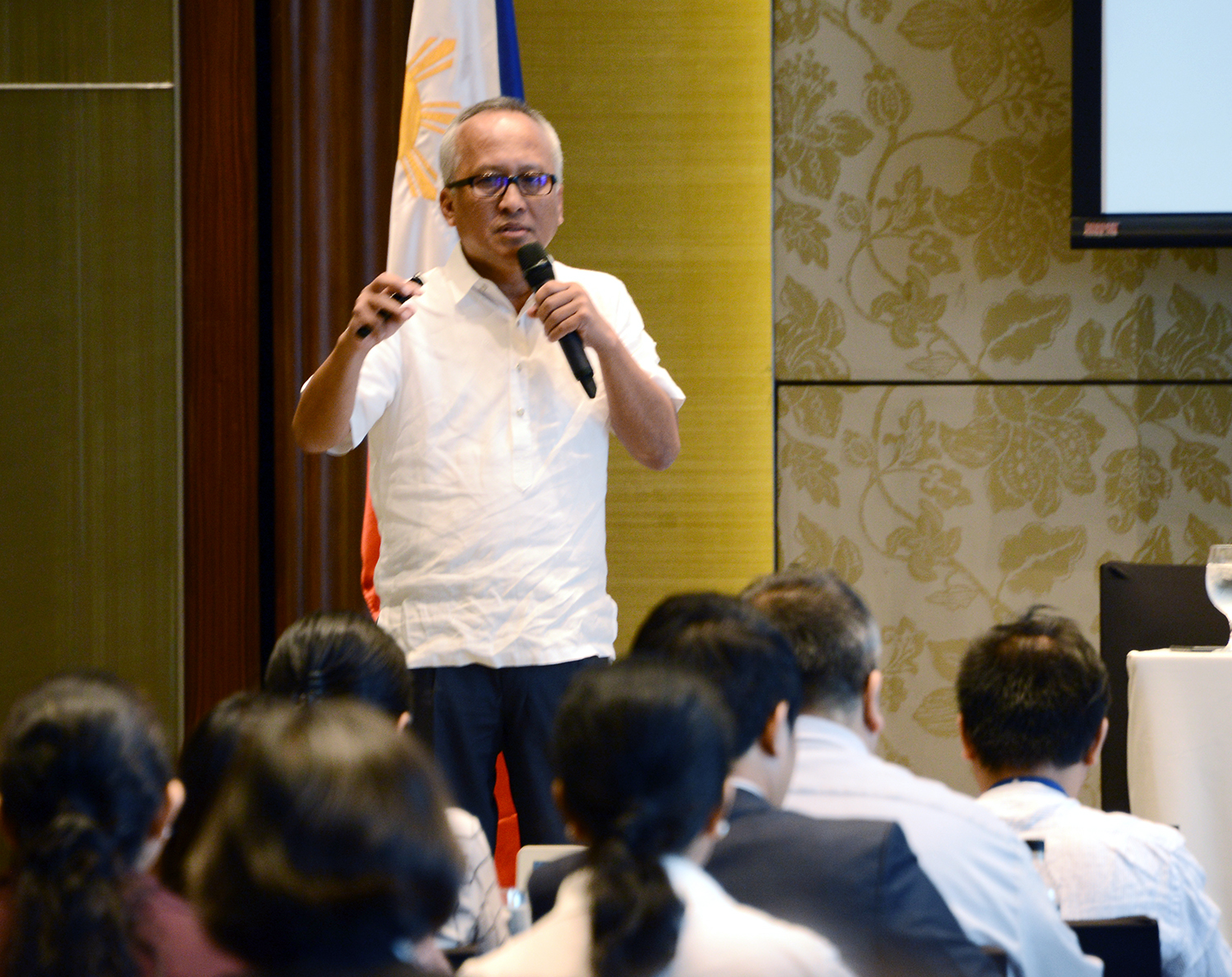PIDS kicks off 2019 Development Policy Research Month celebration
In the face of global challenges brought about by the New Globalization, Filipinos must learn how to navigate it through local actions.
This is the overarching message of this year’s Development Policy Research Month (DPRM) led by state think tank Philippine Institute for Development Studies (PIDS). Pursuant to Presidential Proclamation 247 signed in September 2002, the DPRM is celebrated every September to promote nationwide awareness of the importance of policy research in crafting evidence-based policies, plans, and programs.

